Cybersecurity starts from proper awareness. Briskinfosec BINT LAB cybersecurity researchers continuously put extraordinary effort to help you to realise cybersecurity better and faster. Just download the Threatsploit Adversary Report.
Feeling overwhelmed by HIPAA compliance? Briskinfosec has you covered. Our comprehensive services ensure a smooth implementation, followed by ongoing maintenance. You'll confidently manage protected health information with expert guidance by your side. Our team stays current on the latest regulations, minimizing risk and maximizing compliance. Get your HIPAA program implemented by the right hands, and go with the confidence of knowing you're avoiding penalties.
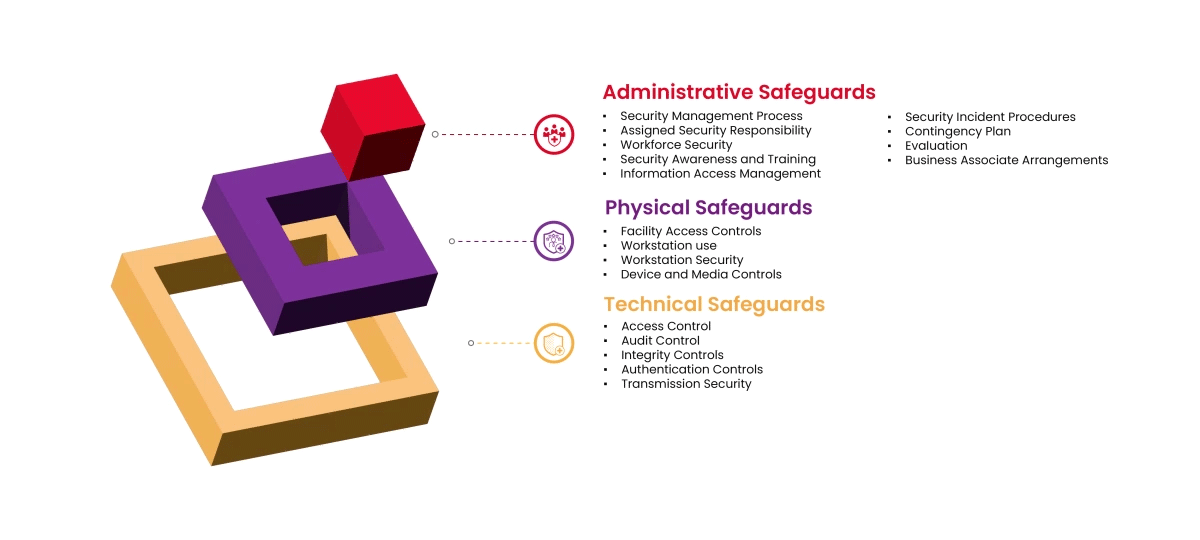
Our approach to HIPAA compliance goes beyond simply ticking boxes. We focus on cultivating a proactive security culture within your organization. Here's how we achieve this
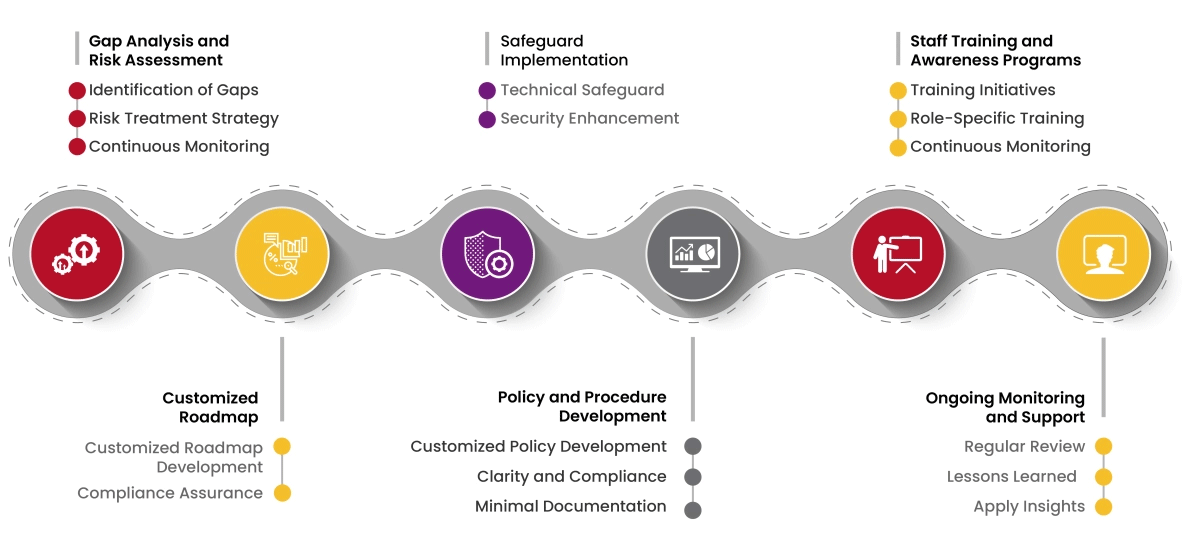
Cybersecurity starts from proper awareness. Briskinfosec BINT LAB cybersecurity researchers continuously put extraordinary effort to help you to realise cybersecurity better and faster. Just download the Threatsploit Adversary Report.

Minimizes the risk of hefty fines, protecting your organization financially.
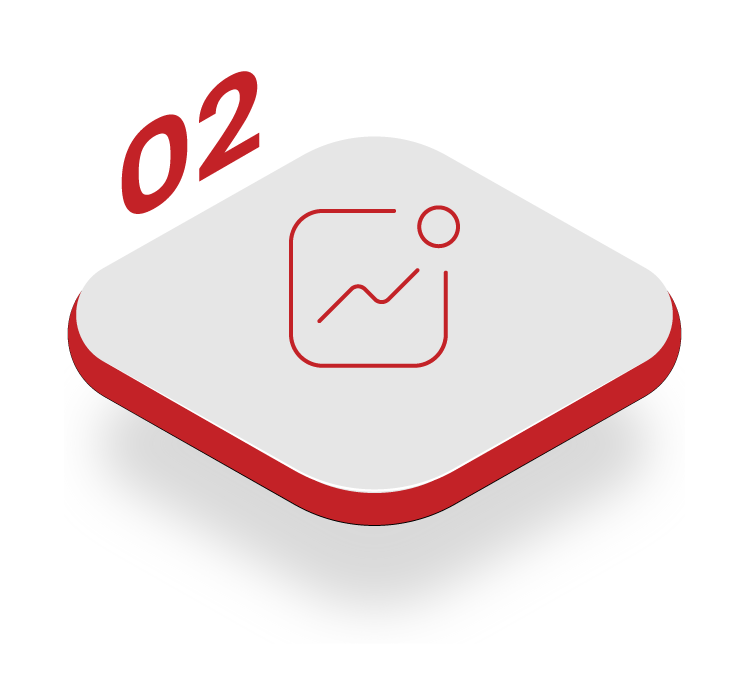
Builds trust in safeguarding patient data privacy.

Improve overall data security, protecting all sensitive information handled by your organization
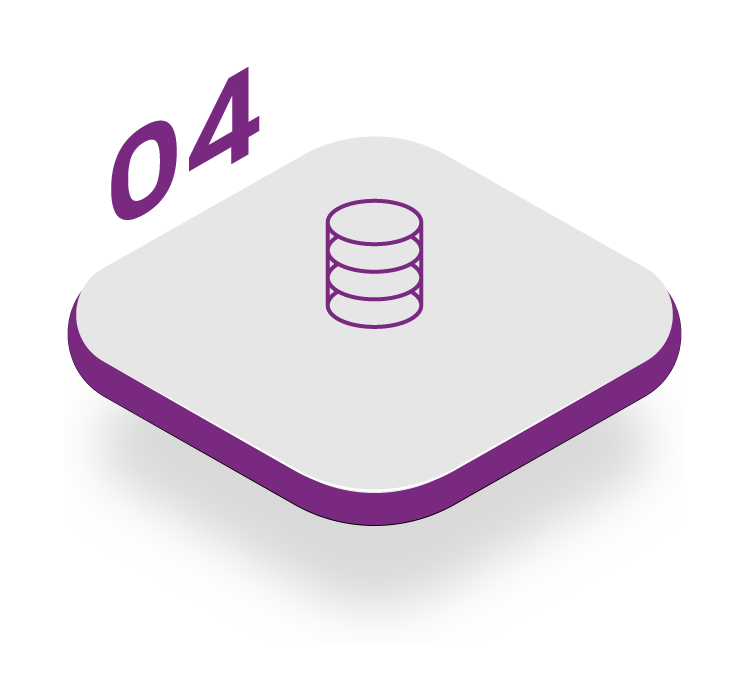
Increase your reputation, giving you a competitive advantage in the healthcare industry.
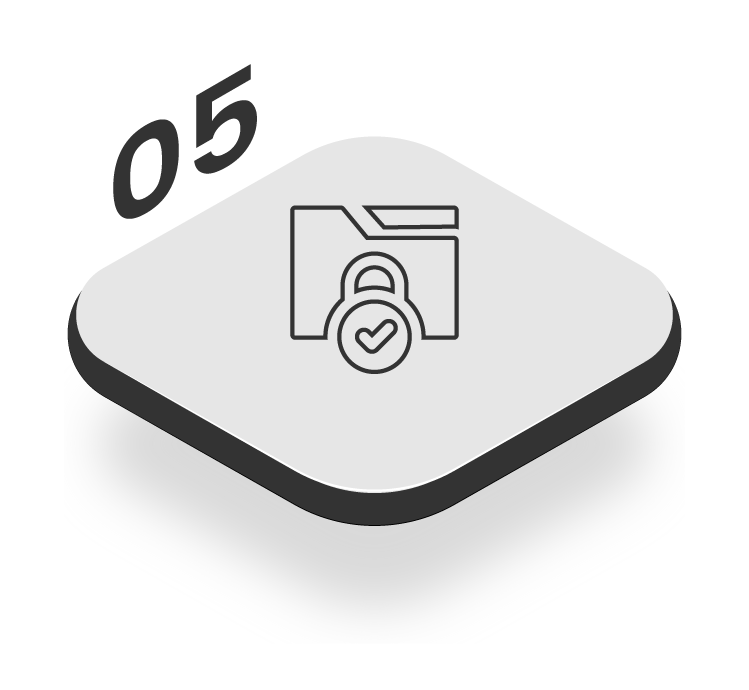
Reduce the risk of breaches, minimizing reputational damage and legal costs.
Don't let HIPAA compliance become a burden. Contact Briskinfosec to discuss how we can help you safeguard patient data, strengthen patient trust, and achieve peace of mind.
Expert guidance, tailored solutions- your direct path to insightful, precise answers.
Book an AppointmentWe offer unparalleled knowledge and experience in ensuring full compliance with HIPAA regulations to protect sensitive health information.
We specialize in secure management and storage solutions for electronic health records (EHRs), ensuring confidentiality and integrity.
Our consultants provide strategic guidance to identify and mitigate risks related to HIPAA compliance, safeguarding healthcare organizations from potential breaches.
We develop tailored HIPAA-compliant policies and procedures aligned with your organization's specific needs and regulatory requirements.
Our programs educate and empower staff to understand and adhere to HIPAA regulations, fostering a culture of compliance within your organization.
We provide ongoing support and monitoring to maintain HIPAA compliance as regulations evolve, ensuring sustained adherence and security.
Celebrating our achievements and collaborations, shaping a future of excellence.
Our team is backed by industry-recognized certifications, ensuring top-notch cybersecurity expertise.

















Our Case studies are the best reference to prove the dexterity of Briskinfosec
Your gateway to a world of knowledge, insights, and inspiration, tailored to fuel your curiosity and broaden your horizons.
HIPAA safeguards patient data through strict privacy rules, helping healthcare organizations maintain trust, security, and legal compliance
Read the blogThe healthcare industry faces an escalating cyber crisis. Ransomware attacks are rising, with hospitals frequently experiencing breaches that disrupt patient care.
Read the blogCloud Environment offer virtual infrastructure for users to access services, applications, and data storage over the internet. It streamlines operations, reduces IT costs, and enhances security through built-in features like encryption and authentication.
Read the blogDigitalization has been invading Healthcare industry for a while. Since then, Hackers have targeted the healthcare industries to seize critical data such as Personally Identifiable Information (PII).
Read the blogElevating digital safety to unprecedented levels, setting the standard for secure online environments.
Explore the Cybersecurity Toolkits to dive into the Carousel for dynamic updates, peruse the Infographics for simplified knowledge, and view the Awareness Posters for impactful reminders. Stay ahead in the cybersecurity game!
Your gateway to a world of knowledge, insights, and inspiration, tailored to fuel your curiosity and broaden your horizons.
Expert guidance, tailored solutions- your direct path to insightful, precise answers.
Book an Appointment
Get exclusive access to our latest Threatsploit Report detailing the most recent and sophisticated cyber attacks. Stay informed and protect your business from emerging threats.